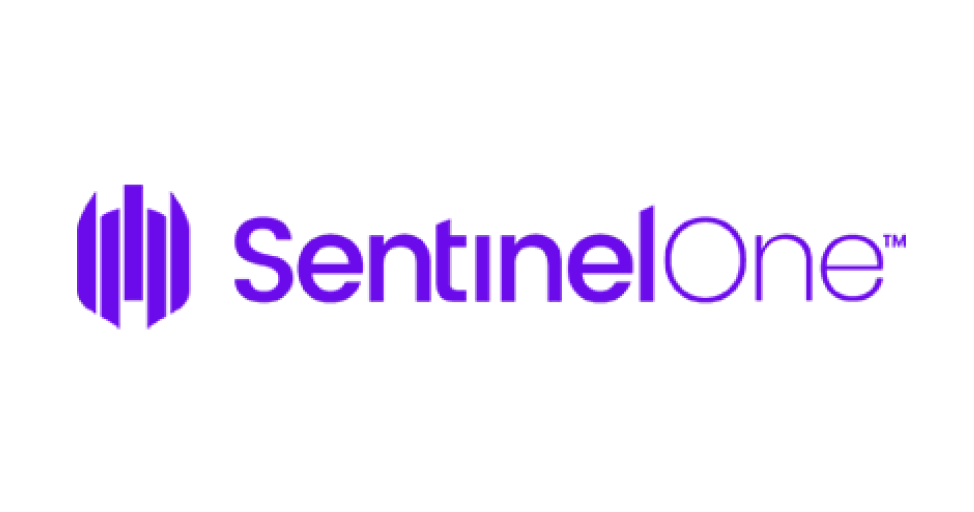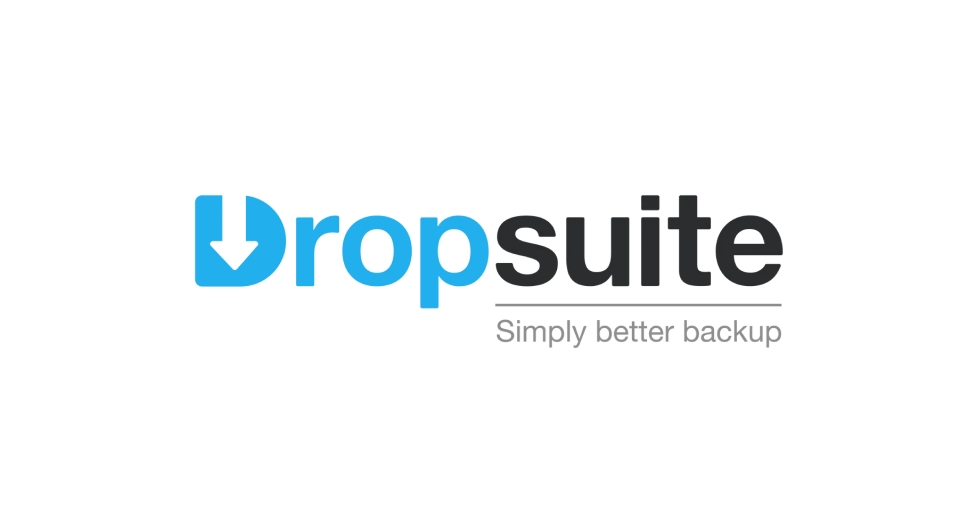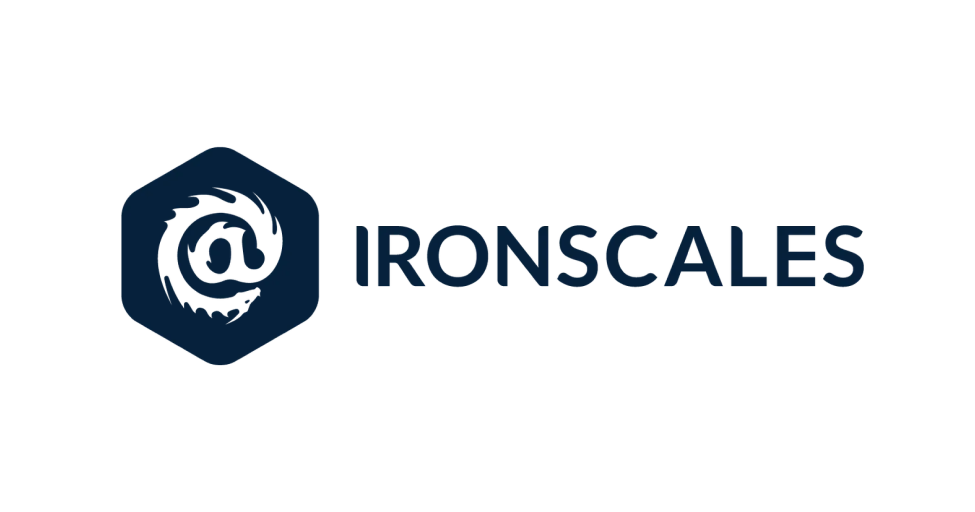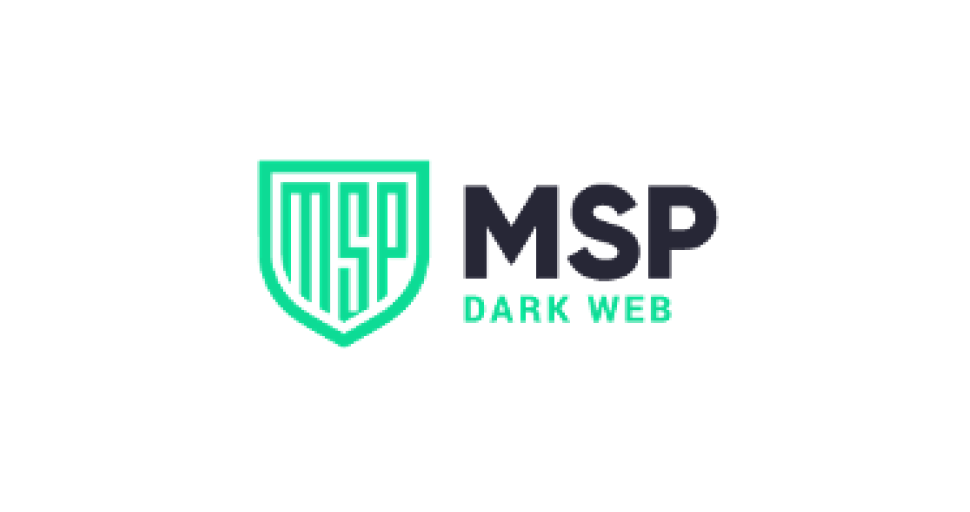Making IT Make Sense
Fort Worth IT Services
Let our team at Inman Technologies provide you with the best IT solutions to increase your profitability and allow you to focus on growing your business.
Your Neighborhood IT Department
Why Choose Us
We Listen
We take a genuine approach to best understand your business by listening to your needs and simplifying the entire experience.
We Discover
We do a deeper dive into your current processes, network, and infrastructure to identify strengths, weaknesses, and overall IT needs.
We Recommend
We take our findings from the assessments and recommend an IT approach that will best support your business needs and goals.
We Improve
We keep your technology environment constantly improving as needed to help you maintain a competitive edge in your industry.
Client Success Stories

"I have had the good fortune to work with Inman Technologies for the past two years where they have managed and supported a full range of IT services from basic computer setup and software management to a complete overhaul or our servers and security protocols.
Above all, we have developed a relationship with Sean and his team due to their thoroughness and quick response to all our needs."
Bobby Snyder, President of Construction
If You’ve Been Dealing with IT Challenges,
You’re Not Alone

Sean Inman
Founder & CEO
Inman Technologies is Here to Help.
Inman Technologies is a leading managed IT service provider in Fort Worth, TX, offering a comprehensive selection of IT services to businesses in Fort Worth, TX, and the surrounding areas, including Aledo, Willow Park, Hudson Oaks, and Weatherford, TX, and Oklahoma City and Edmond, OK. We specialize in providing IT and Cybersecurity services to meet the unique needs of businesses.
Call (682) 882-3001 today for comprehensive cybersecurity and managed IT services tailored to your needs.
Schedule an Appointment Today
Our Services
We monitor, maintain and manage your IT systems around-the-clock so you can focus on growing your business.
We provide robust protection against cyber threats, ensuring the confidentiality, integrity and availability of your data.
We offer assistance with any sort of IT project - ensuring it's completed on time and on budget.
What Clients Say About Us
Partners and products we support to deliver unparalleled productivity:







Business Technology Insights
Explore expert insights, trends, and expert advice on the ever-evolving landscape of information technology. Dive in to discover how we leverage cutting-edge solutions to empower businesses and drive innovation.

9 Signs That Your Smart Home Device Has Been Hacked
Smart home devices are becoming more popular and convenient. But they also pose some serious security risks.

5 Cybersecurity Predictions for 2024 You Should Plan For
Cybersecurity is a constantly evolving field. There are new threats, technologies, and opportunities emerging every year.

Workspaces, a VPN & More – Learn the Newest Microsoft ...
Microsoft Edge continues to redefine user experiences. This is due to Microsoft’s commitment to innovation.

Top 7 Security Best Practices for Safeguarding AI Use by Employees
Artificial Intelligence (AI) is revolutionizing the workplace, enhancing productivity and automating tasks. However, as with any powerful technology, AI can introduce significant security risks if not managed correctly. As businesses, especially IT service providers offering AI as a Service, it’s crucial to implement robust security measures. This blog post will explore essential security best practices for AI use by employees to protect sensitive data, ensure compliance, and mitigate risks.
Bonus: Looking to enhance your team’s AI knowledge & skills? Download our Free AI Resources Kit and get access to essential guides, policy, and tips for using AI in your organization. Download here!
Educate Employees on AI Security Risks
One of the most important steps is to educate your employees on the potential risks associated with AI. Many employees may unknowingly expose the company to threats by misusing AI tools, such as sharing confidential data with third-party applications.
Key educational points include:
Data privacy: Ensure employees understand how sharing sensitive data with AI tools can expose the company to data breaches.
AI biases: Employees need to be aware of how AI models can inherit biases from their training data, leading to unfair or inaccurate results.
Phishing risks: AI can be leveraged by cybercriminals to create more sophisticated phishing attacks that are harder to detect.
Providing regular training on AI security risks and creating a culture of security awareness is vital for reducing human error.
Pro Tip: Consider offering employees ongoing training sessions or webinars on AI security. Check out free AI security courses from Coursera or edX.
Establish AI Usage Policies
Creating comprehensive AI usage policies is essential to guiding employees on proper AI use within the organization. These policies should outline:
Approved AI tools: A list of approved AI tools for specific tasks or departments. This helps to avoid the use of unauthorized or unvetted software.
Data handling procedures: Guidelines for what type of data can be shared with AI systems, including policies on sensitive or confidential information.
Access control: Define who has access to AI tools, ensuring that only authorized personnel can use certain AI applications.
By setting clear boundaries on AI use, businesses can avoid security risks and ensure that employees follow best practices.
Implement Strong Access Controls and Authentication
AI systems, like any other IT infrastructure, need to be protected with strong access control measures. To prevent unauthorized access to sensitive data processed by AI systems, consider the following:
Multi-factor authentication (MFA): Require MFA for accessing AI applications, ensuring that users verify their identity through multiple factors.
Role-based access controls (RBAC): Assign specific roles and permissions to employees based on their responsibilities, limiting access to AI tools to only those who need them.
Regular audits: Conduct regular audits to monitor who is accessing AI systems and whether there are any potential security threats.
Ensure AI Data Security and Encryption
AI applications often require access to large datasets, some of which may contain sensitive information. Protecting this data through encryption is crucial for maintaining privacy and compliance. Follow these steps:
Encrypt sensitive data: Encrypt all data that is processed or stored by AI applications to prevent unauthorized access.
Data anonymization: When possible, use data anonymization techniques to remove personally identifiable information (PII) before processing data with AI tools.
Secure cloud storage: If AI models and data are stored in the cloud, ensure that cloud environments are secured with the latest security standards, such as encryption at rest and in transit.
Monitor AI Systems for Anomalies
AI systems can be vulnerable to a range of attacks, including adversarial attacks where attackers manipulate input data to deceive AI models. It is essential to continuously monitor AI systems for unusual behavior or anomalies that may indicate a breach.
Use AI monitoring tools: Implement AI-driven monitoring tools that can detect unusual patterns in system performance or data access.
Log all AI activity: Maintain logs of all AI activity, including user interactions, data processing events, and model outputs, to identify potential security incidents.
Incident response plans: Develop an AI-specific incident response plan so that employees know how to respond if an AI system is compromised.
Regularly Update and Patch AI Systems
Just like traditional software, AI systems and the underlying infrastructure require regular updates and security patches. Staying on top of updates is crucial for mitigating vulnerabilities that could be exploited by cybercriminals.
Automated updates: Implement automated patching and updates for all AI applications to ensure that you’re always protected against the latest threats.
Security reviews: Regularly conduct security reviews of AI systems, especially if third-party AI models or APIs are integrated into your operations.
Ensure Compliance with Regulations
Depending on your industry, there may be specific regulations governing the use of AI and data privacy. For example, the General Data Protection Regulation (GDPR) in the European Union has strict guidelines on how organizations should handle personal data, including when using AI.
Stay compliant with GDPR: If you process data belonging to EU citizens, ensure that your AI systems are compliant with GDPR standards.
Industry-specific compliance: Some industries, such as healthcare or finance, have additional requirements around AI and data security. Ensure your systems meet all necessary regulatory requirements.
Conclusion
As businesses increasingly adopt AI technologies, it’s vital to put security measures in place to protect against potential risks. Educating employees, implementing strong policies, and regularly monitoring and updating AI systems are just a few of the steps that can safeguard your organization. By prioritizing AI security, you not only protect sensitive data but also ensure that your AI initiatives are built on a solid and secure foundation.
For more information on securing AI systems, feel free to contact Inman Technologies or visit our website. We’re here to help you integrate AI safely and effectively into your business operations.
Frequently Asked Questions
What are the benefits of cybersecurity services?
Cybersecurity services offer numerous advantages for businesses. They protect your sensitive data from unauthorized access, safeguard your systems from cyber threats, ensure compliance with industry regulations, and enhance the overall resilience of your IT infrastructure.
What are managed IT service providers?
Managed IT service providers handle your IT needs, allowing you to focus on your core business operations. They provide proactive IT support, network monitoring, data backup, cybersecurity, and other essential services to ensure the smooth functioning of your IT environment.
What are IT security services?
IT security services encompass measures and practices to protect your systems, networks, and data from potential threats. These services include but are not limited to network security, data encryption, access controls, vulnerability assessments, penetration testing, and incident response.
Share Your IT Burdens With Us
Spend less time on IT problems and more time growing your business. Let’s get to know each other and determine how our partnership could grow. With us on your side, develop customized security plans, stronger communication strategies, and a better plan for the future.
Click the button below to schedule your appointment. We’re ready to jumpstart your IT journey.












